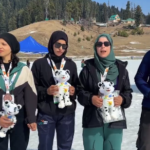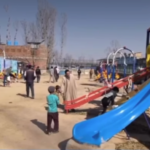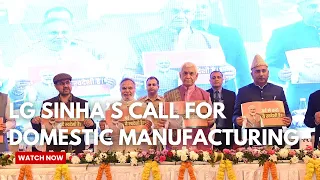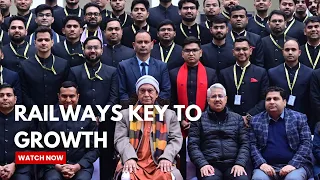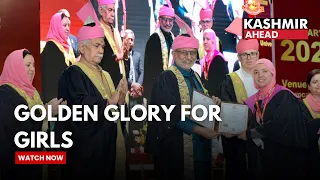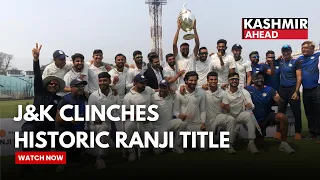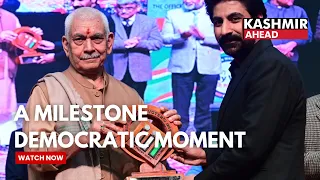What you see in the video is a solid waste management unit, said Sameer Sharma, CEO Swaaha Solid Waste Management. Swaaha Resource Management is a sustainability partner of 2023 Shri Amarnathji Yatra, informed the CEO. From the Directorate of Rural Sanitation, Jammu & Kashmir, we have got this opportunity to make Shri Amarnathji Yatra zero landfill. The dry and wet garbage collected comes to our units at two major base camps at Baltal and Domel. We collect all the waste from langars, roadsides, camps and all infrastructural wastes. Waste created by yatris collected in dustbins and whatever it is that is in the secondary points, we put them all together here. There are two separate units for wet and dry garbage. In the dry unit, we segregate into seven different categories. After segregation we do their bailing and then send them for recycling. Baling is the process of taking paper, plastic or other waste and then running it through a baler, which compacts the waste. We shred the wet garbage to do composting. That compost we are gifting in small packs as souvenirs to yatris so that they understand the amount of waste generated in their yatra journey. Through the innovations of sustainable development and the massive efforts of the Directorate of Rural Sanitation we are successfully making manure from the Amarnath yatra waste and the yatris carry the manure with great reverence They can use the manure in their gardens, homes and their pots. These units are a live example of how we can recycle and upcycle waste, said the CEO. And by managing the waste, we have succeeded in making this yatra a zero landfill event. None of the waste went to the landfill. We recycle all the waste generated. Schools from the surrounding areas were invited here for live demonstration. School students have come here along with teachers on educational trip. They are observing the waste management system. They are physically observing the machineries installed at close quarters. They are learning how to make compost from waste. Our objective is to teach students the good management of waste, how to handle waste and the categories in which the waste can be distributed. And later these students can go and give their contribution in Swachh Bharat mission to make their schools, homes and villages garbage free, said the CEO. Demonstration classes were held for students, said School Teacher Muneer Ahmed. The school children learnt how we implement it later. We visited their langars. They showed us their bio gas plant. The students learnt how to make use of the bio gas plant. They were educated how to implement it. The students have been made aware and we will implement it in our schools and our lives, the teacher said. Irfan Ahmed, a student talked about how they were taught to manage solid and liquid wastes. And how to prepare manure from them. We have to keep ourselves clean as well as keep the environment clean, the student said. What we have learnt today we will need to implement in our homes and villages. How waste needs to be segregated and there are some wastes that cannot be segregated, so how to dispose those wastes. Their disposal is different. This is the awareness we need to give everyone. Every individual needs to think about it. Not that we came here so it is our responsibility alone, pointed out the student. Whoever is living in this world, it is their responsibility to think what is going on in the earth, which is one land common to all humans and how to protect it. What steps we need to take to save our environment?



